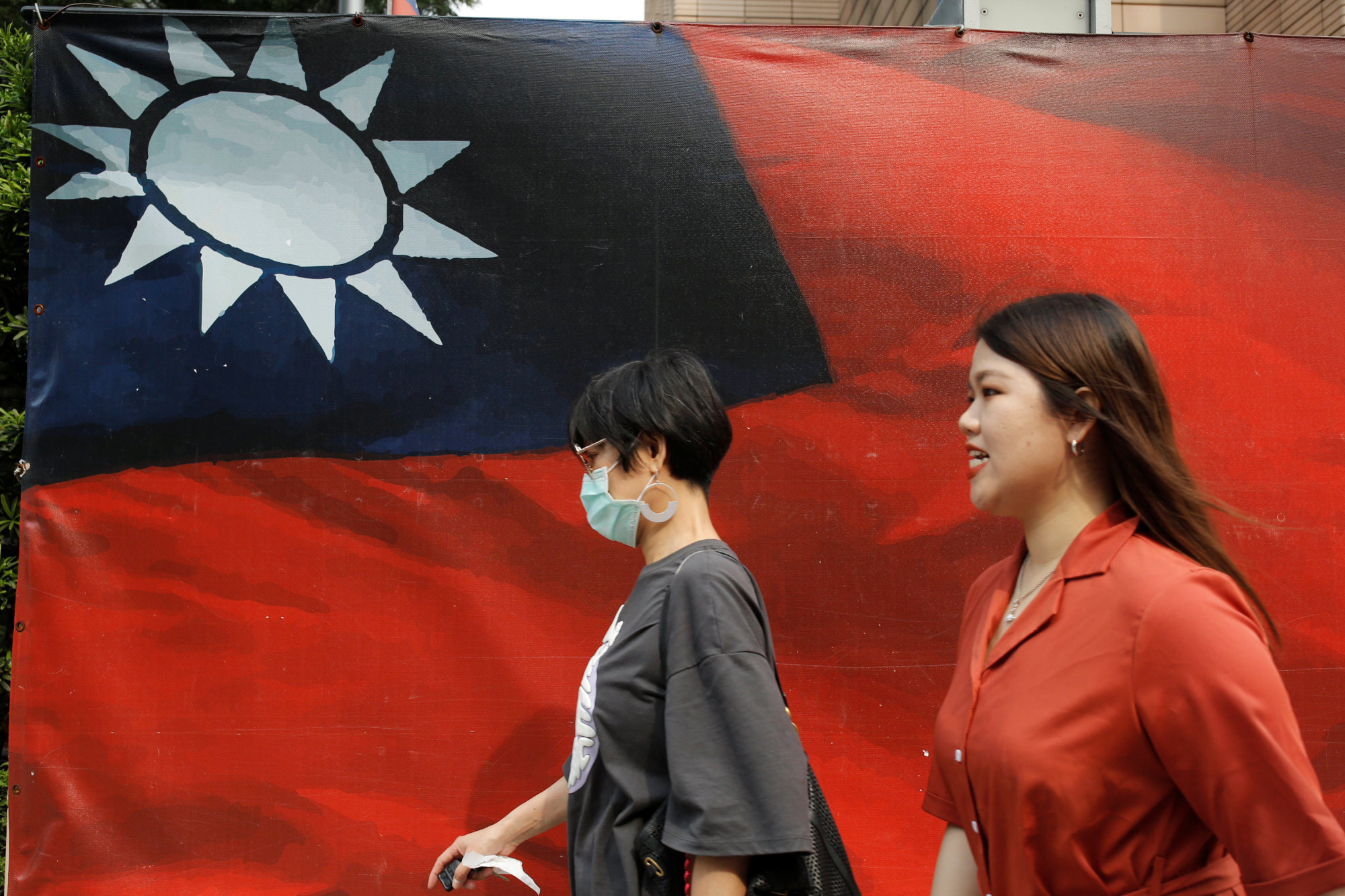
US stops short of branding Taiwan as a currency manipulator
- But island, along with Vietnam and Switzerland, tripped its thresholds for possible currency manipulation under a 2015 US trade law
- US Department of the Treasury says it will initiate enhanced engagement with Taipei in line with the Trade Facilitation and Trade Enforcement Act of 2015
In the first semi-annual foreign exchange report issued by US Treasury Secretary Janet Yellen, the treasury said it would commence “enhanced engagement” with Taiwan and continue such talks with Vietnam and Switzerland after the Trump administration labelled the latter two as currency manipulators in December.
The treasury said Taiwan, Vietnam and Switzerland exceeded its 2015 currency thresholds during 2020 – a more than US$20 billion bilateral trade surplus with the United States, foreign currency intervention exceeding 2 per cent of gross domestic product and a global current account surplus exceeding 2 per cent of GDP.
Despite this finding, the treasury said there was insufficient evidence under an earlier 1988 law to conclude that Vietnam, Switzerland or Taiwan were manipulating their exchange rates to gain a trade advantage or prevent balance of payments adjustments.
The move takes some pressure off of Switzerland and Vietnam by lifting the manipulator designation at least for the next six months.
The Swiss National Bank denied that it manipulates the Swiss franc and said the report would not alter its monetary policy.
Biden, Suga call for ‘peace and stability across Taiwan Strait’
An official with Taiwan’s central bank said the US decision against applying the manipulator label showed that there was continued good communication between Taipei and Washington on the issue and that US authorities understood Taiwan’s “special situation”.
Taiwan’s tech-focused exports to the United States, including laptop computers and semiconductors, soared in 2020 due to the work-from-home boom sparked by the coronavirus pandemic.
In a statement on Saturday, the State Bank of Vietnam said it would continue to pursue a flexible exchange rate policy that is managed in a way to contain inflation, ensure macroeconomic stability and not to create an unfair trade advantage.

A US treasury official said the report’s findings took into account the massive trade and capital flow distortions of the pandemic and the fiscal and monetary policy choices governments took to respond to it.
Without the pandemic, the “results would have likely been quite a bit different”, including for the three economies that hit the engagement triggers, the official said.
For Taiwan, the treasury said it would initiate enhanced engagement in line with the Trade Facilitation and Trade Enforcement Act of 2015. It expects those talks to help determine if Taiwan manipulated its currency under the 1988 law.
The treasury said no other major US trading partner met the relevant 1988 or 2015 legislative criteria for currency manipulation or enhanced analysis during the review period.
New US treasury report does not label China as a currency manipulator
The treasury urged China to improve transparency regarding its foreign exchange intervention activities, the policy objectives of its exchange rate management regime, the relationship between the central bank and foreign exchange activities of the state-owned banks, and its activities in the offshore yuan market.
The treasury said it found that 11 economies warranted placement on its monitoring list of major trading partners that merit close attention to their currency practices: China, Japan, South Korea, Germany, Ireland, Italy, India, Malaysia, Singapore, Thailand and Mexico. All except Ireland and Mexico were included in the December 2020 report to Congress.
“This strikes me as a political decision, not a rules-based decision,” said Thierry Wizman, global interest rates and currencies strategist at Macquarie Group, adding that the treasury appeared to be trying to determine the intent of foreign exchange policies.
“It sounds like the administration is trying not to offend allies here … those allies that are going to be most important in containing China,” he said.

